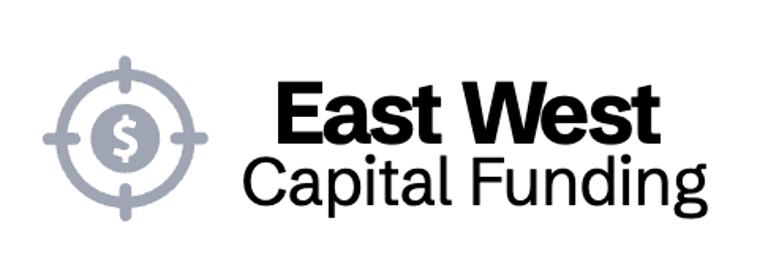Frequently asked questions
Who offers mortgages?
Independent mortgage brokers and financial institutions, such as banks and credit unions, typically offer mortgages. Mortgages can also be obtained from other sources, including private lenders and government agencies.
Mortgage rates vary depending on the borrower’s credit history, income level, loan-to-value ratio, type of property being purchased, and other factors.
When should I refinance?
There are a lot of reasons to get a new loan. First, we only look at the cost of getting a lower interest rate. Then, we figure out how long it might take to get those costs back. In many cases, you, the borrower, won't have to pay any or very little of the costs. Even a slight change in rate can save you money. We also look at the remaining time on your mortgage. How much money you could save, and what you plan to do with the money you save from lower rates.
What are the points?
"The no points", or "..based on paying 1 point", are references to a percentage of the total amount that can be borrowed. Since 1 point = 1% of the loan, therefore; 1 point on a $100,000 loan would amount to $1,000.
What is APR?
The annual percentage rate (APR) is the annual interest rate on a loan or investment.
Should I pay points to lower my interest rate?
Paying discount points to cut loan rates can be effective. Even if you anticipate staying in the property for a long time, the points may not be worth paying unless they provide a cost-effective return depending on the duration it takes to recover the costs. Points can often cut payments or increase borrower power.
What does it mean to lock the interest rate?
If you lock your interest rate, it will remain unchanged from when you lock it until the date it expires, no matter how the market changes. If you don't lock it and things change before your loan closes, your final interest rate could be either lower or higher than what you were told at first. Often the lock duration is 15 to 45 days, but it can be up to 90 days
What documents do I need for my loan application?
We simplify and decrease documentation upfront based on current rules. The simpler your circumstance, the less paperwork you require. Our industry-backed automatic algorithms calculate the minimum quantity of paperwork for your situation.
How does my credit score impact my loan application?
A credit score goes from 300 to 850, typically. However, a better credit score increases your creditworthiness and vice versa. Generally, a credit score of 700 or above is optimal for obtaining loan approval from a financial institution such as a bank. We work with all credit scores and can tailor a program to match your needs.
What is a property appraisal?
An appraisal estimates a property's fair market worth based on similar properties' style, size, vicinity, characteristics, and sale date. A lender usually requires this before loan acceptance to verify the property valuation matches the lending program.
What can I do to improve my credit score?
There are a number of things you may do that will result in an improvement to your credit score. The following is a list of some methods by which you may work toward raising your credit score.
Examine your credit history.
Manage your bill payments.
Limit the number of credit requests.
Fill out a brief credit report.
Maintain your former accounts and address delinquencies.
Consider combining your debt.
What is PMI (Private Mortgage Insurance)?
Private mortgage insurance, or PMI, is a form of mortgage insurance that you may have to pay for if you hold a conventional loan.
Contact
Get more info
T.I.M.E. Lending
NMLS ID# 2001142
www.timelending.net
(503) 500-8001
© 2024. All rights reserved. An East-West Consulting, Inc, company
Supervising BrokeR
info@eastwestcf.com
NMLS ID# 2621393


East west capital funding
